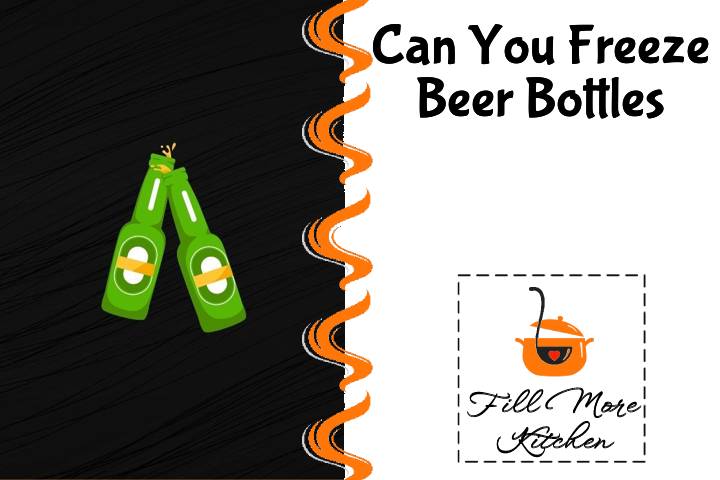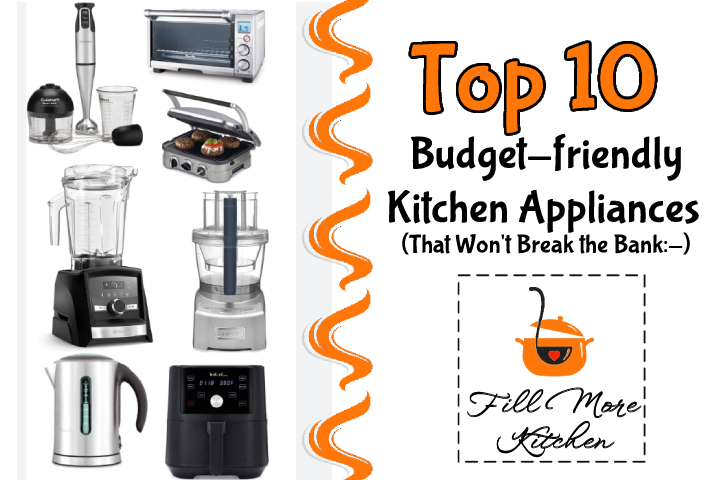Individuals who enjoy beer may have attempted to expedite the cooling process by placing a couple of bottles in the freezer. However, if one forgets about them, will they solidify? If this occurs, is it safe to consume the beer once it has defrosted?
Although it is possible to freeze beer in the bottle, it is not recommended due to the potential negative impact on its quality and taste, as well as the risk of the bottle breaking and spilling frozen beer. Additionally, thawing out the beer can be a challenging task.
To put it differently, it is advisable to refrain from freezing beer. Freezing beer serves no significant purpose, as it does not taste good and may result in a messy freezer.
It is possible that you have been informed that alcohol does not solidify, and perhaps you are acquainted with individuals who store a bottle of vodka in the freezer. The reason why vodka does not freeze is due to its elevated alcohol content.
It is a known fact that water freezes at 32° F (0° C), but alcohol has a much lower freezing point of -173.5° F (-114.1° C).
The freezer maintains an average temperature of 0° F (-18°C), which is not sufficient to cause alcohol to freeze.
Generally, the higher the alcohol content, the less probable a drink is to freeze. Beer is composed of approximately 5 percent alcohol and 95 percent water flavored with grain, hops, and yeast. Therefore, while the alcohol in beer won’t freeze, the water in it will.
Although beer may not freeze completely like ice, it will have a texture similar to a dense slushy.
Why Do Frozen Bottles Break in the Freezer?
Freezing beer bottles or cans can cause them to crack open, resulting in a messy situation that is often referred to as “exploding.”
Beer bottles that are frozen tend to shatter or burst in the freezer due to the expansion of water in the beer as it transforms into ice, exerting pressure on the bottle’s sides and potentially causing cracks or loosening of the cap.
There is a possibility that the bottle could experience minor cracking which may go unnoticed until it is taken out of the freezer, or alternatively, upon opening the freezer, one may discover shattered glass and an overflow of icy beer or frozen beer foam.
Beer in a can may also experience pressure build-up, but it happens less often than with beer in a bottle. This is because the aluminum material of a can is more pliable and can bend slightly to accommodate the pressure.
Freezing beer bottles may not always result in breakage as it is influenced by various factors such as the specific composition of the beer, duration of freezing, and thickness of the glass used for the bottle.
When dealing with frozen beer bottles, it is important to be careful when removing them from the freezer as there may be unnoticed small cracks that could lead to breakage upon movement, and a sudden shift in temperature could also cause breakage.
How Long Can You Leave a Beer Bottle in the Freezer?
If you want to cool down your beer bottles rapidly without the risk of them exploding due to freezing, it is advisable to restrict the duration for which you store them in the freezer.
On average, it takes around 2-3 hours to freeze a beer bottle in the freezer, but the freezing time may vary depending on the alcohol percentage and freezer temperature, ranging from 90 minutes to several hours.
However, it will take approximately one to two hours for your beer to become cold enough to consume. Simply move the bottles to the fridge to maintain their coolness.
If your beer is already frozen, it can be transferred to the refrigerator, but there’s no need to worry if you forget as keeping it in the freezer for an extended period won’t affect its quality. Once frozen, the beer will not improve or deteriorate, and there is no way to predict whether the beer bottle will break.
Does Freezing Beer Ruin It?
Freezing beer bottles intentionally is unnecessary as it does not enhance the flavor or shelf life of the beverage. However, apart from the danger of bursting beer bottles, is there any negative impact of freezing beer?
Beer does not spoil when frozen, and consuming it will not cause harm. However, if you drink it in its frozen or thawed state, it may have a flat taste and a different appearance and texture than usual.
It may not be apparent, but beer contains carbonation. This is the reason why there is a pleasing “pop” sound when you open a bottle or can, and why beer that has been poured develops a frothy head. The carbon dioxide is produced during fermentation as the yeast breaks down the natural sugars in the grain.
Freezing beer bottles removes the carbonation, resulting in a taste that is not fizzy.
Putting beer in the freezer can lead to the water and alcohol splitting apart. As water has a lower freezing point, it will solidify first, forming ice crystals and separating from the alcohol.
After thawing, the beer may appear cloudy or have an altered appearance.
How Do You Thaw Frozen Beer Quickly?
If your frozen beer bottles remain undamaged and you wish to avoid wasting the beer, it is possible to defrost them and consume the contents. However, exercise caution during the thawing process.
Quickly thawing frozen beer is not safe, and methods like running warm water over them or immersing them in hot water can cause the beer bottles to break; it is also important to avoid putting a sealed bottle with the cap still on in the microwave.
The most effective way to defrost beer is to place the frozen bottles in the refrigerator and wait. It may take up to 12-24 hours for a beer to thaw in the fridge.
To avoid the possibility of the beer bottles breaking due to a sudden change in temperature, it is recommended to place them in plastic zipper bags before storing them in the refrigerator.
If you subject frozen beer bottles to direct heat or hot water, it is highly probable that the bottles will shatter due to the abrupt temperature shift.
It is not recommended to defrost beer bottles that are cracked or broken due to the risk of glass fragments mixing with the beer.
How to Chill Beer Quickly Without a Freezer
There are alternative methods to rapidly cool beer without the risk of freezing it, if you prefer not to take that chance.
To rapidly cool beer, the most effective method is to place the beer bottles in a container filled with ice and sprinkle salt over them, which will expedite the melting of the ice and result in a chilled beer.
The proportion of salt to ice should be 1:3, or one cup of salt for every 3 pounds of ice. Donât just sprinkle the salt on top of the ice, but stir it in. It should take around 30 minutes for the beer to cool down.
The principle behind freezing beer bottles is similar to the traditional method of making ice cream.
If you lack salt, you can also expedite the melting of ice by periodically shaking the bucket or bottles.
Placing a chilled, damp cloth around the beer bottle can also rapidly lower its temperature.
Using dry ice is another option, but it’s not a practical one since not many people have it readily available. Besides, by the time you find and buy dry ice, your beer would have already chilled in the refrigerator.
If you often require a quick way to cool beer, it may be worth considering purchasing a machine designed specifically for chilling beer.
The SpinChill is a device that you can attach to a power drill and insert into the neck of a beer bottle or can. Then, submerge your beverage in a bucket of ice and spin it. The spinning action melts the ice and cools the beer in only one minute, as claimed by the maker.
The Rapid Beverage Chiller from Crate & Barrel is an option to consider. This device spins your bottle or can in ice, and it can be powered by either battery or car battery – making it ideal for tailgating.
An analogous item is the Cooper Cooler, which can be found here.
You can also check this video about “Can You Freeze Beer Bottles?”
Check out our top 10 reviews!
Related posts
https://fillmorekitchen.com/is-it-safe-to-cook-with-plastic-wrap-in-the-oven/
https://fillmorekitchen.com/does-soy-sauce-have-to-be-refrigerated-after-opening/
https://fillmorekitchen.com/does-rice-taste-better-in-a-rice-cooker/
https://fillmorekitchen.com/what-you-should-and-shouldnt-clean-your-microwave-oven-with-2/
https://fillmorekitchen.com/can-you-freeze-tofu/



